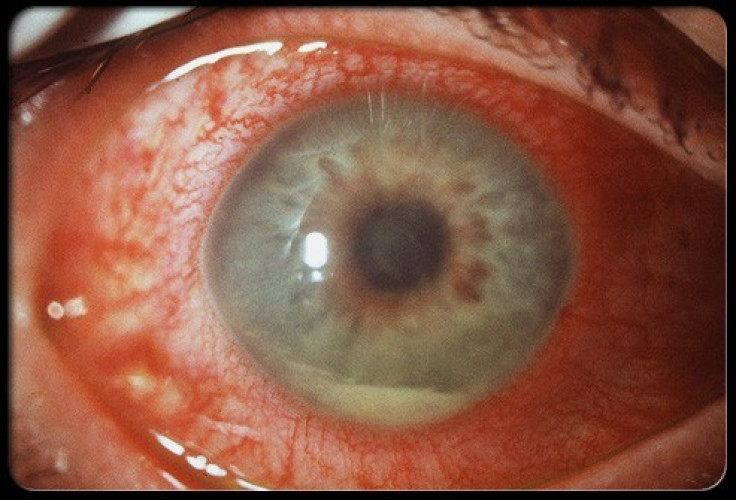Grandmother Blinded by Contact Lens Bug after Holiday Swim in Turkey

A grandmother is to undergo an operation to remove her eye after catching a painful bug in a holiday pool.
Sally Hassell, 49, had bacteria trapped under the lens, and has become the third recent victim of a contact lens infection.
She is now struggling to see from her other eye. Hassell has to leave her magazine publisher's job and postpone wedding plans this year.
"I can't believe an eye infection did this. I can't watch TV or read. I don't even look in a mirror as it upsets me," she told The Sun.
The mum of two, of Hinckley, Leicestershire, is believed to have caught the bug in Kusadasi, Turkey, last October.
Her doctors at first blamed conjunctivitis, but an eye expert later diagnosed the Acanthamoeba bug.
"They said it probably came from the pool. You just don't think something like this will happen to you. But it did," said Hassell.
Medical experts said a shower in Britain could also be to blame, but have warned against swimming or showering with lenses in.
The British Contact Lens Association said the bug hits one in 30,000 wearers.
Earlier this month an infection from a lens ate away at the cornea of June Scott of Durham.
The 62-year-old spent three weeks in hospital and was attached to an intravenous drip after the disposable lens began burning her eyeball.
But despite three operations and a string of eight-hour sessions to flush the infection from her body, surgeons were forced to cut away her cornea.
Doctors in Spain, where she spends the winter months, said a fungal infection known as Fusarium had attacked her left eye.
"It was just like something was eating at my eye, I could not bear to look at the light. I am heartbroken," Scott told the Daily Mail.
"I was on antibiotics for three weeks and had to go to hospital every day from 9am to 5pm. It was absolutely horrendous and the pain was so awful I had to go in the middle of the night.
"'We have to come back to England so that I can get a false eye but it is never going to be the same."
Scott bought a set of contact lenses from a UK company before travelling to her Spanish holiday home in Alicante in October last year.
The Fusarium fungus, which is found in soil, water and organic matter, was responsible for an infection outbreak in the United States in 2006, in which 154 people were infected and 34 per cent needed cornea transplants.
Experts say that although it is a very rare condition, when an infection occurs, it attacks the cornea and is very difficult to treat. Early diagnosis and treatment are essential.
The symptoms include blurred or failing vision, clouding of the eyes surface, irritation and discharge, pain, and sensitivity to light.
© Copyright IBTimes 2024. All rights reserved.






